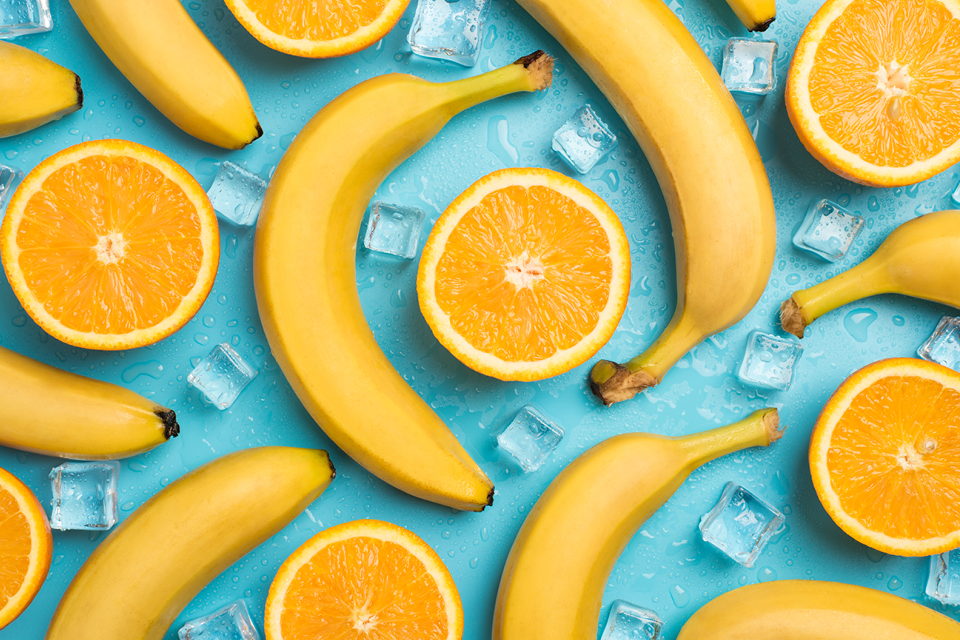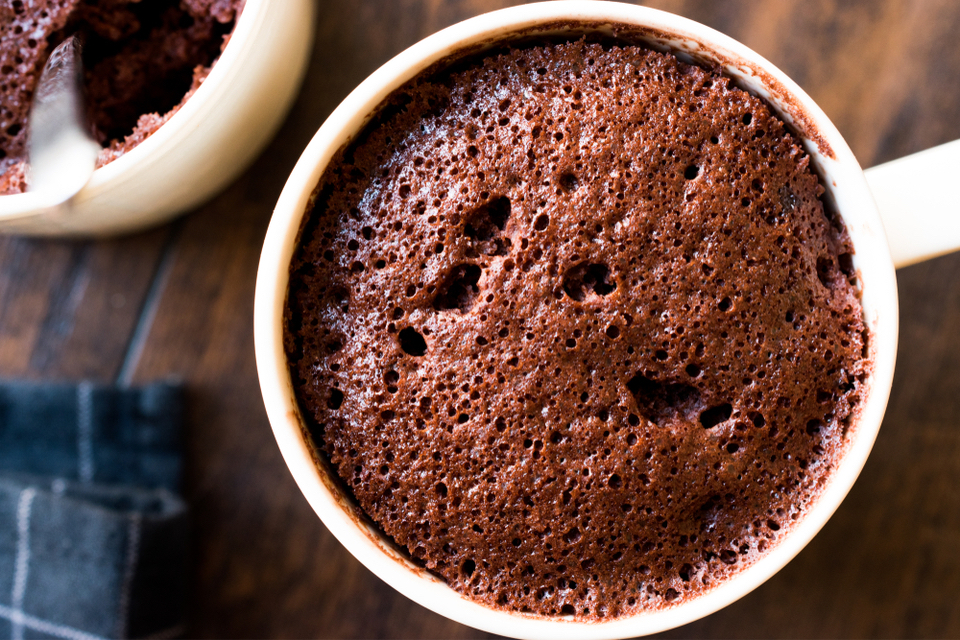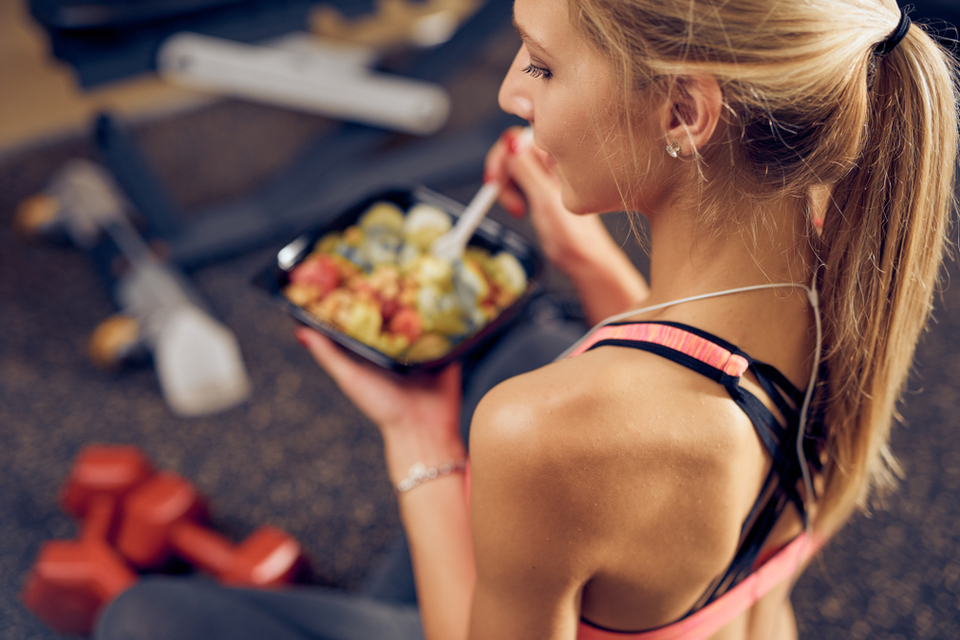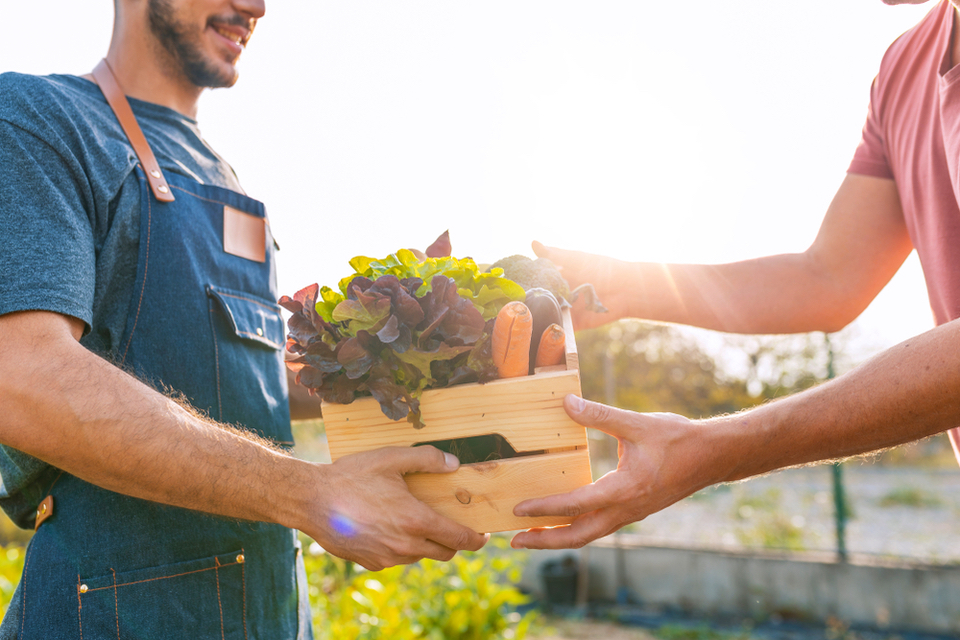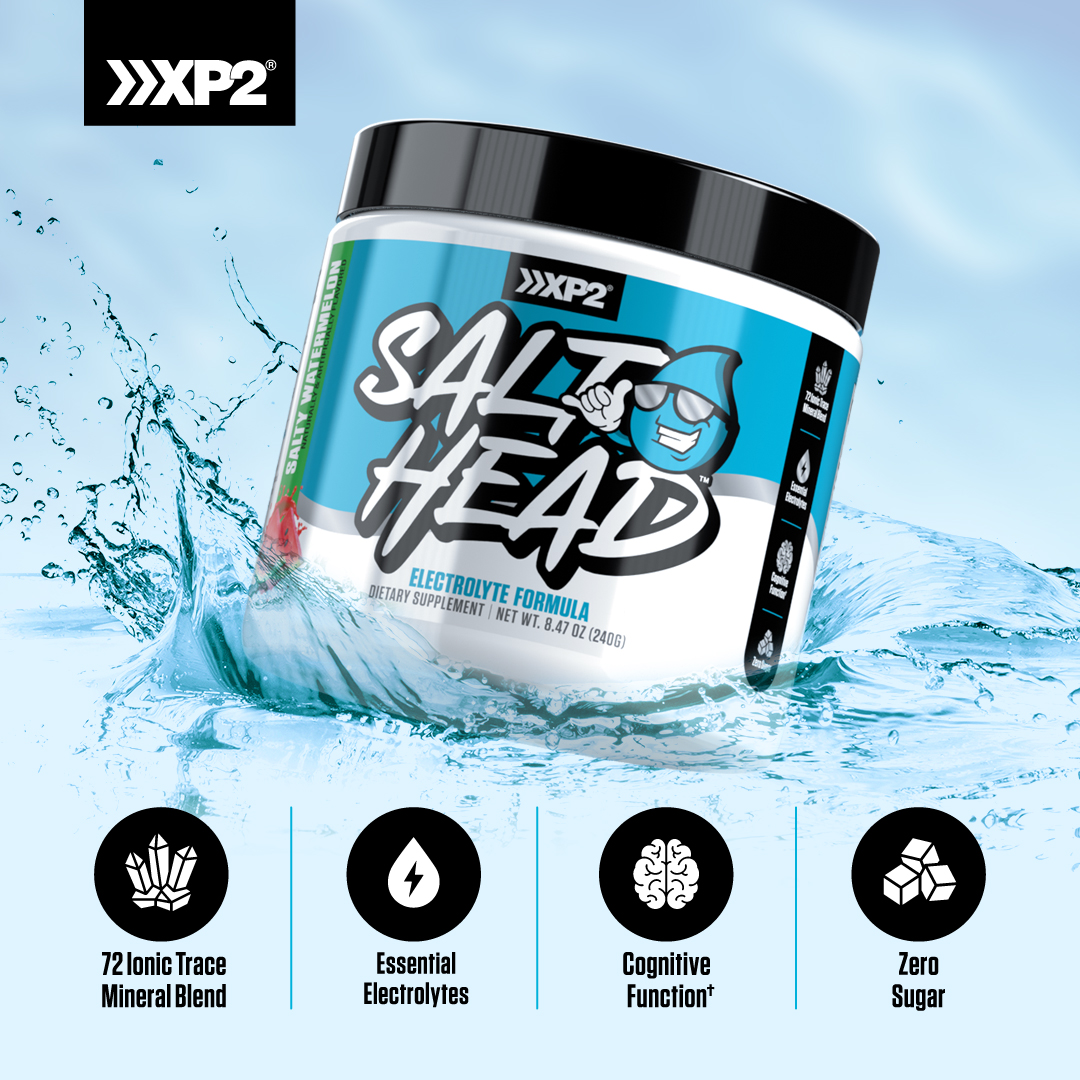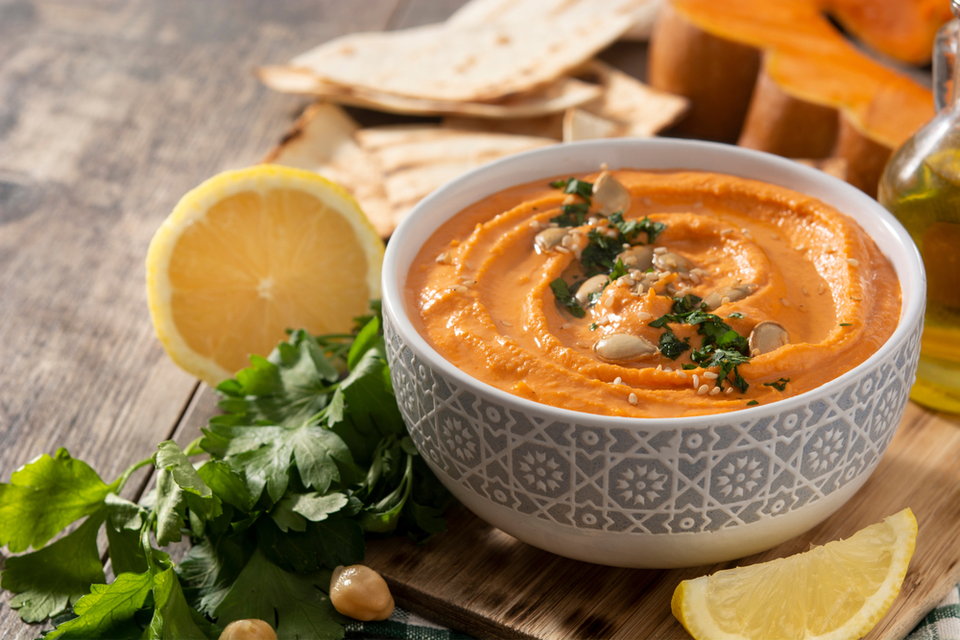If you keep hearing people talking about the importance of electrolytes but you're still not really sure what they are and how you can get them, you're not alone. In a nutshell, electrolytes are minerals that carry an electric charge, a.k.a. charged minerals (hence the prefix of "electro," which comes from the Greek word "ēlektron"). If you want to get even more technical, "lyte" is derived from the Greek word "lytos," which, in scientific terms, refers to a substance that is capable of forming ions (electrically charged particles) when dissolved in a solution, particularly in water.
Still with us? Good.
In a nutshell, electrolytes play a fundamental role in multiple bodily functions, such as regulating fluid balance, supporting muscle contractions, and maintaining proper nerve function. An electrolyte imbalance can lead to symptoms such as muscle cramps, fatigue, and dehydration. You don't want that to happen. So, it's important to maintain a healthy electrolyte balance in your body. You can do that by drinking electrolyte-rich beverages like coconut water or sports drinks. But did you know you can consume specific foods as well? It's true.
Keep reading for a list of delicious and nutritious ways to incorporate key electrolytes in your diet on the daily.
1. Yogurt:
Dairy products like yogurt contain calcium, potassium, and magnesium, making them a nutritious option to support muscle function and bone health.
2. Avocado:
Avocados are a good source of healthy fats and provide potassium, which is vital for maintaining proper fluid balance.
3. Tomatoes:
Rich in potassium, tomatoes can be included in salads, sandwiches, or as part of various dishes to add a boost of this essential electrolyte.
4. Sweet Potatoes:
Packed with potassium, sweet potatoes are a delicious and nutritious option to support electrolyte balance, especially during recovery after exercise.
5. Spinach:
Along with other leafy greens, spinach is a good source of magnesium, which supports muscle and nerve function.
6. Watermelon:
Besides being hydrating, watermelon contains potassium, helping replenish electrolytes lost through sweat during physical activity.
7. Nuts and Seeds:
Almonds, peanuts, sunflower seeds, and pumpkin seeds are rich in magnesium, providing a crunchy and nutrient-dense snack option.
8. Broccoli:
This green vegetable is a good source of potassium and contains other important nutrients that contribute to overall health.
9. Oranges:
Oranges are bursting with vitamin C and potassium. They contribute to overall hydration, whether enjoyed as a whole fruit or as freshly squeezed juice.
10. Bananas:
A popular and convenient snack, bananas are rich in potassium, and they provide carbohydrates, making them an excellent choice for replenishing energy levels.
There you have it. Before you go, keep in mind that your electrolyte needs vary depending on your needs and activity levels. Stay healthy and hydrated, friends!

